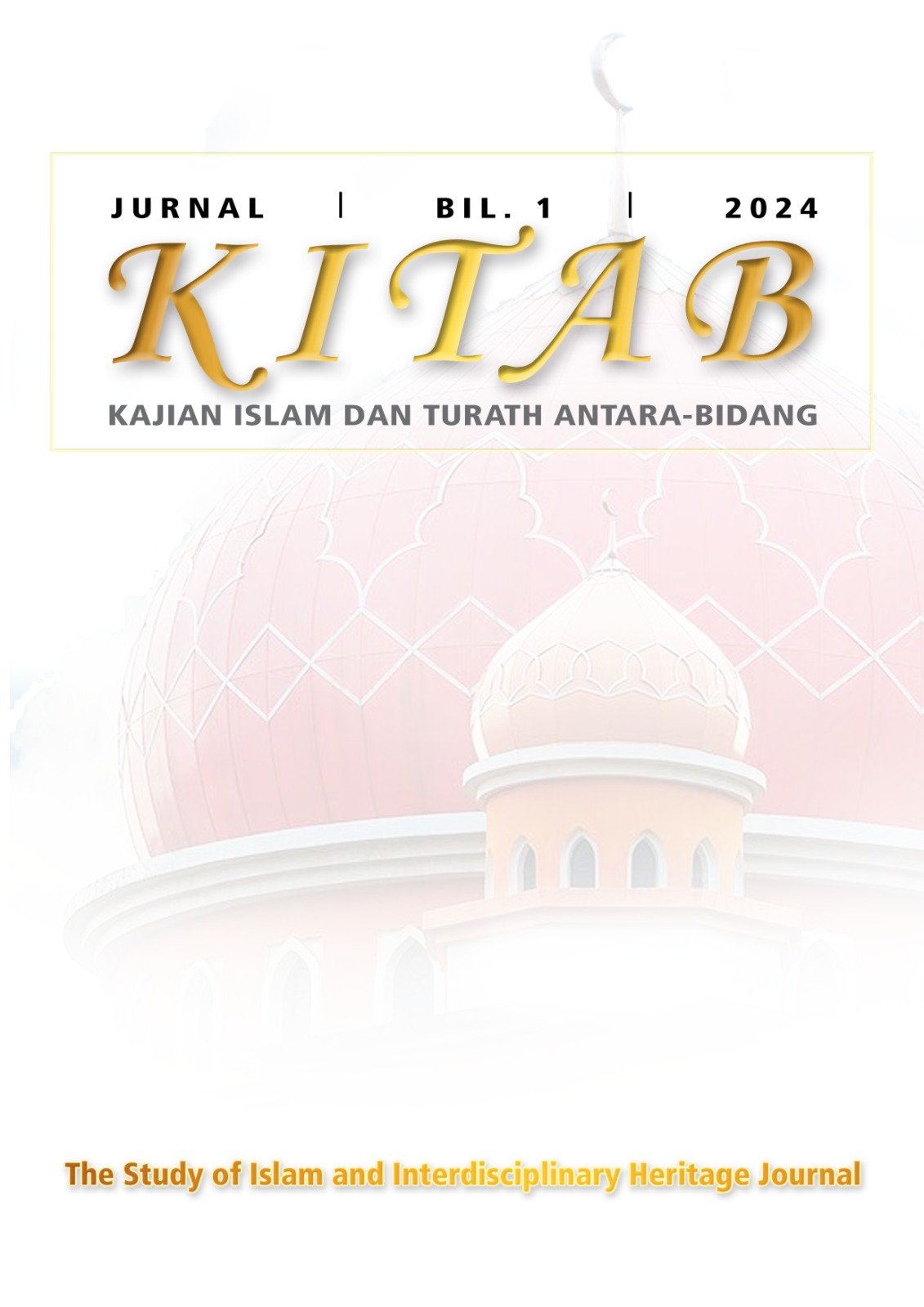ISLAM AND PSYCHOLOGY: THE ISLAMIZATION OF MODERN PSYCHOLOGY
DOI:
https://doi.org/10.51200/kitab.v1i1.5206Keywords:
Islam, Psychology, Islamization of knowledge, the roles of universitiesAbstract
ABSTRACT The majority of Muslim scholars concerned with the plight of the Muslim community (Ummah) have been deeply involved with the concept of Islamization of knowledge which gained momentum in the 80s as a result of the global consciousness for the "resurgence of Islam" in the 70s. Several phrases have been used to interpret this concept, such as the "Islamization of knowledge" and "Islamization of contemporary or present-day knowledge." However, the term "Islamization of knowledge" is, to a certain extent, misleading because it gives the connotation that all knowledge, including traditional Islamic knowledge, was developed by Muslim scholars over the millennium ad based on the Qur'an and the Sunnah, is not Islamic and therefore, needs to be Islamized. This article explores the intersection of Islam and psychology, delving into the dynamic relationship between these two fields. It examines how Islamic beliefs, values, and cultural practices influence the understanding of mental health and human behaviour. The discussion includes an exploration of the impact of Islamic principles on psychological well-being, such as concepts of Tawhid (oneness of God), Akhirah (the afterlife), and Qadar (divine predestination).This article also addresses the practical aspects of integrating Islamic teachings into psychological interventions, highlighting the role of Islamic practices, including prayer, fasting, and community engagement, in promoting mental well-being. The cultural sensitivity required in working with diverse Muslim populations is emphasized, as variations exist based on regional, linguistic, and cultural differences. This article embarks on a journey through the process of the Islamization of modern psychology, where Islamic principles, values and cultural context harmoniously meld with the framework of contemporary psychology. As the highest educational institution, the universities can contribute a significant role toward enhancing the Islamization of modern psychology projects that would serve Islam and support the reform and development efforts of the ummah in general and any Muslim society in particular.










